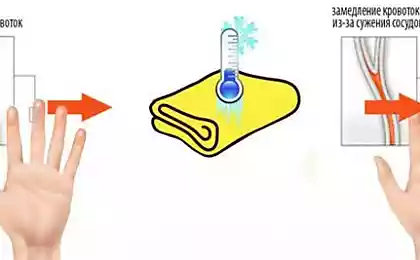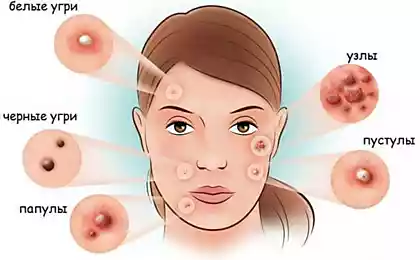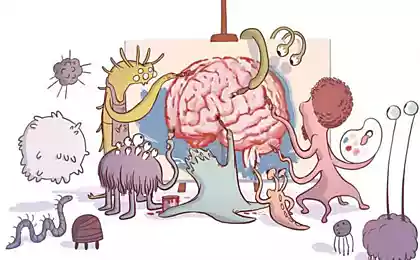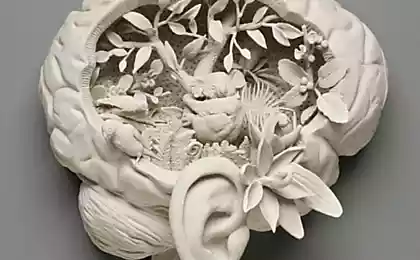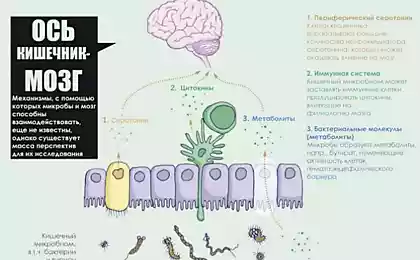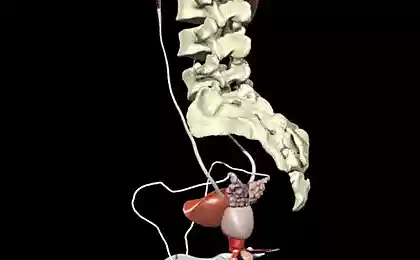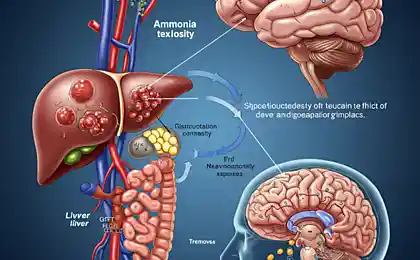207
Worrying Tremor: Why Your Hands Shake When You're Worried

Unpleasant when stress or the slightest excitement begin to shake hands. It is important to understand the causes of your condition and learn how to help yourself.
Each of us at least once in his life experienced tremors before an important event: an exam, public speaking or a serious conversation. For some it is a single episode, for others – a constant problem that prevents to live fully. Why do your hands start shaking in moments of excitement, and what can you do about it?

What is tremor?
tremor This is an involuntary, rhythmic tremor of parts of the body, most often the hands. It can be both physiological (normal) and pathological (related to diseases).
Physiological tremor
Physiological tremor occurs in healthy people in response to certain stimuli: stress, fatigue, cold, caffeine or nicotine. It is usually weak and invisible at rest.
Pathological tremor
Pathological tremor is associated with disorders in the nervous system and can be a symptom of various diseases, such as Parkinson's disease, hyperthyroidism or multiple sclerosis.
Causes of tremors in anxiety
Role of the nervous system
When we experience stress or anxiety, the sympathetic nervous system is activated. This is the part of our body responsible for the fight or flight response. It prepares the body for action, increasing the heart rate, increasing breathing and causing muscle tension.
Stress hormones
In response to stress, hormones are released into the blood: adrenaline and cortisol. Adrenaline increases blood flow to the muscles and brain, which can cause tremors in the extremities. Cortisol, in turn, maintains blood sugar levels, providing energy for a quick response.
Genetic and physiological factors
Some people are more prone to tremors because of genetics or physiology. Their nervous system may be more sensitive to stressors.
How stress affects the body
Fight-or-flight response
This evolutionary response is designed to protect against danger. In today’s world, however, threats are more psychological than physical, but the body reacts the same way.
Stress symptoms
- Frequent heartbeat
- Increased sweating
- Trembling in the hands or body
- Dizziness
- Muscle tension
Psychological factors
Anxiety disorders
If the tremor is accompanied by constant anxiety, anxiety, and other symptoms, it may indicate the presence of an anxiety disorder. Such conditions require professional assistance.
Panic attacks
During a panic attack, a person experiences intense fear, accompanied by physical symptoms: tremors, shortness of breath, chest pain.
When you should consult a doctor
If tremors occur frequently, for no obvious reason, are accompanied by other symptoms or interfere with daily life, it is important to consult a specialist for diagnosis and advice.
Ways to help yourself
Relaxation techniques
- Deep breathing: Slow breaths and exhalations help calm the nervous system.
- Meditation: Practicing mindfulness reduces stress and anxiety.
- Progressive muscle relaxation: Consistent tension and muscle relaxation helps relieve tension.
Physical activity
Regular exercise promotes the production of endorphins – happiness hormones that improve mood and reduce stress levels.
Daytime and sleep
A stable sleep and rest regimen helps the nervous system recover. Aim to sleep 7-9 hours a day.
Avoidance of stimulants
Caffeine, nicotine, and alcohol can increase anxiety symptoms and tremors. Try to limit their use.
Contacting a specialist
A psychologist or psychotherapist will help understand the causes of anxiety and suggest treatments such as cognitive behavioral therapy.
Conclusion
Tremor with anxiety is a common phenomenon associated with the body's response to stress. Understanding the causes and managing your condition will help reduce tremors and improve your quality of life. If symptoms persist or worsen, do not hesitate to seek professional help.
“Self-care is not a luxury, but a necessity for health and well-being. ?
Important: This article is informative and does not replace professional medical advice. If symptoms occur, it is recommended to consult a doctor.






